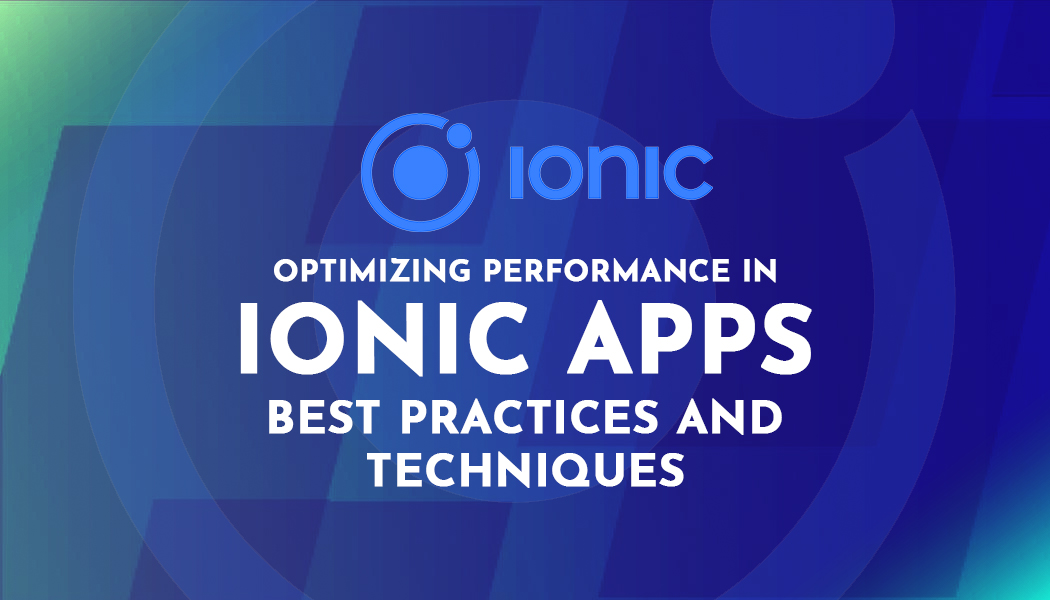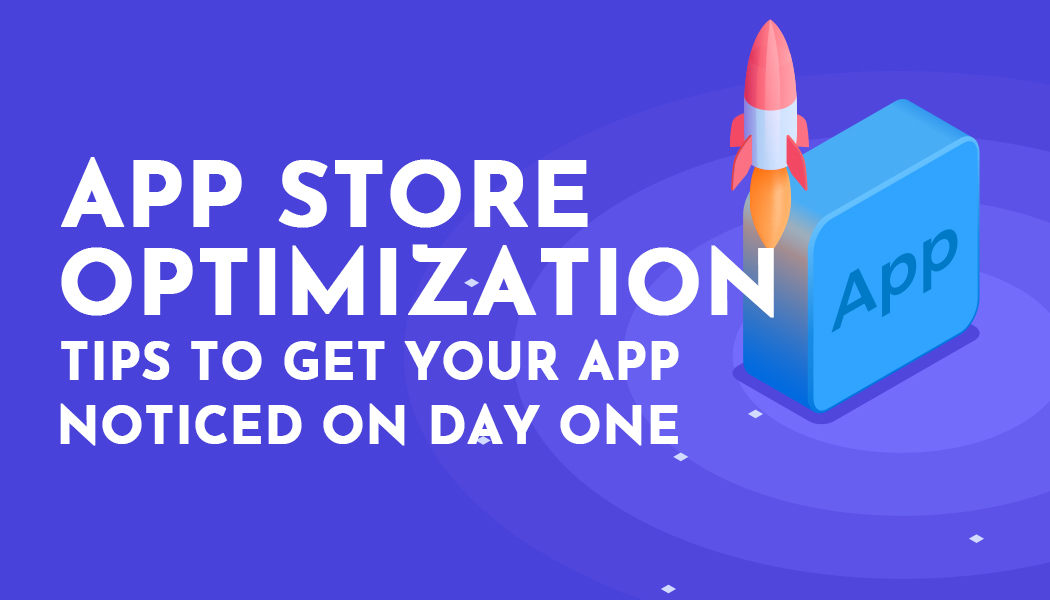Optimizing Performance in Ionic Apps: Best Practices and Techniques
Application performance enhancements are another vital part of ensuring a mobile app continues to work well in the ever-evolving world of mobile app development. As the use of cross-platform development tools like Ionic increases, developers now can build powerful apps with web technologies like HTML, CSS, and JavaScript, which run on different platforms.
However, optimizing ionic app performance that runs at a good speed demands considering a host of factors including how the code is structured, how resources are managed, and how quickly the app is rendered.
Ionic is a leader in enterprise mobile app development, with nearly 150,000 apps published in the app stores worldwide. In this post, we will discuss several best practices and approaches for making Ionic apps run faster.
Whether you are an old hand at Ionic development or it is your first dive into hybrid app development, the tips below will help you build apps that are fast, responsive, and fun to use.
1. Optimizing the code
-
Minification and uglification: JavaScript and CSS files can have blank, note, and character lines removed to make them smaller. This speeds up the file opening.
-
Lazy loading: Use lazy loading to load modules, components, and files when they are needed. That is, this will not only reduce the time for the application to load for the first time but also make it work faster.
-
Optimized pictures: To save data from network and time-processing gadgets, use images that are compressed and the right size.
-
Tree shaking: Implement tree shaking to remove unused dependencies and code that isn't required anymore. This will lead to smaller bundle sizes and faster launch times.
-
Performance profiling: To find out the slow spots of your Ionic app and how it can run faster, you can use tools like Chrome DevTools for profiling and investigating its performance.
2. Improving the rendering
-
Virtual scrolling: Leverage virtual scrolling to generate long lists and grids effortlessly by inserting and removing items automatically as the user scrolls. This reduces memory consumption and makes it faster.
-
Use CSS hardware acceleration: Use CSS hardware acceleration methods to instruct the device to give rendering jobs to its GPU. This will boost the speed and smoothness of animations.
-
Optimization of animations: Utilizing CSS animations or hardware-accelerated animations with a tool like Ionic Animation, you can make animations that render smoothly and speedily, without jank and stuttering.
-
RequestAnimationFrame: Syncing movements with the device's update rate becomes possible thanks to the requestAnimationFrame API. This guarantees that the output is slick and fast on all devices and screen sizes.
-
Optimized DOM manipulation: To cease display overhead and increase speed use efficient methods like batching DOM changes and utilizing document pieces to do less DOM manipulation for ionic app development services.
3. Improving the network and data
-
HTTP caching: Employ service workers or HTTP cache headers to save the server responses and reuse them. This will save network calls and make apps faster too.
-
Data compression: To reduce the number of HTTP requests and speed up the network, especially on a slow mixture, gzip compression should be activated on the server side.
-
Offline support: Consider options like service workers and local files to make the content and features available even when the users are not connected to the internet. Therefore, the users’ experience will become enhanced and the application will be more independent from internet connectivity.
-
Prefetching and preloading: For this purpose, use prefetching and preloading to load and cache resources needed by the user to speed up and not delay the process.
4. Taking care of memory
-
Memory profiling: Include memory profiling techniques in DevTools like it is in Chrome to find memory leaks and implement app processes that use the most memory in Ionic.
-
Optimized data structures: To recover time so effectively implement that kind of efficient data structures and techniques when dealing with a massive amount of data or complex modification in data.
-
Memory caching: Use memory caching to stash the data which is accessed frequently in the memory. Thus, we will minimize the necessity of going for a file or network process, which then will blaze its speed.
5. Improving the UI/UX:
-
Simplify user interface: Make the user interface clear and uncluttered to reduce mental load and improve the speed, which will lead to higher utilization and more satisfaction among users.
-
Aim for smooth touch interactions: Ensure that touch elements like taps, swipes, and motions work as expected on a device that can recognize and respond to them.
-
Reduce the complexity of animations: When it comes to animations in your Ionic application, try to keep the number and the complexity to a minimum so as not to confuse the user or use up too many resources. Rather than concentrating on making your app beautiful, make it simple to use.
-
Flexible design: Keep a fluid design language to let your Ionic app's style and content adjust according to different screen sizes and orientations. That will ensure that users have the best possible experience on all their devices.
-
Accessibility issues: To make sure that your Ionic app is accessible to any user, including those with disabilities, be mindful of accessibility issues. For instance, ensure that you use semantic HTML elements, ARIA properties, and high-contrast color schemes aptly.
Conclusion
The speed of an Ionic app's improvement is a sophisticated task that necessitates great close attention and extensive knowledge of the technologies that run them. Developers can create Ionic applications that are top-notch and can be used on various devices and platforms by adhering to the practices and methods given in this article.
Every aspect of an app's speed can be tuned to get the best results, from code optimization to display efficiency to memory usage management. With the advancement of mobile technology, Ionic developers need to keep abreast with the speed improvement trends and technologies if they would compete. You can consider to hire ionic app developers to get the best results and be competitive in the market.




